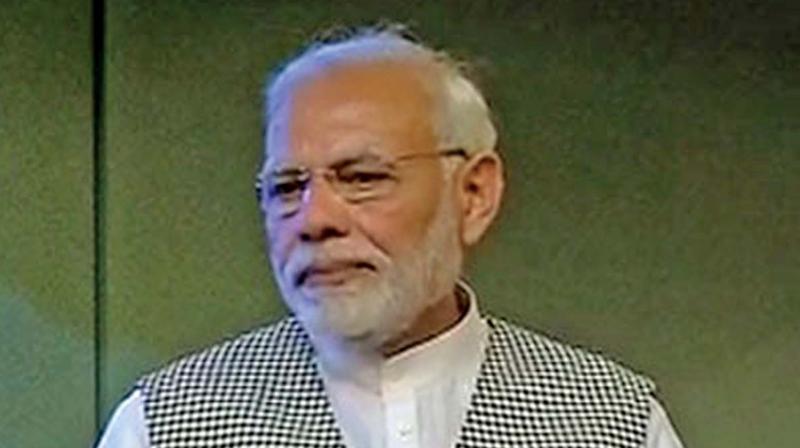Lateral entry dubious move
The Joint Secretary normally has a tenure of five years, which is more than that of the Secretary or Additional Secretary.

The decision to induct external experts as Joint Secretaries in the Central Government on contract basis has some rationale and logic, but lots of flaws and dangers. The Joint Secretary is an important functionary in any Ministry or Department; it is the level at which bulk of the action takes place in terms of preparation of policy papers, monitoring of work in the field formations and routine administration. The Secretary does not, need not and should not have the burden of too many details. The Joint Secretary normally has a tenure of five years, which is more than that of the Secretary or Additional Secretary. That way, an effective Joint Secretary is a virtual head of the wings in his charge, subject of course to the control of his bosses, baurocratic and political. He also emerges as a repository of sectoral knowledge acquired through a reasonably long innings in that position.
The Joint Secretaries, except the few from the Central Secretariat Service, are appointed on deputation from various All India and Central Services, mostly from the IAS. The big benefit for the Government is that these officers bring with them substantial experience (not less than 18 years) in a variety of governmental activities. The IAS officers would have acquired unmatched field experience, and also sectoral experience, both in State Governments and at the Centre. The present thinking appears to be that the Central Government needs specialists' inputs in a few departments. There have been instances of outsiders as Secretaries to Government in certain special departments and as Economic Advisers and the like.
I have not seen any independent evaluation of the performance of such officers - I have heard of some who are not amenable to governmental (including financial) discipline; I have also heard of some who have been entirely dependent on his team. For an outsider joining as Joint Secretary, there is the comfort and the discomfort of moderation by his bosses, the Additional Secretary or Secretary. He is expected to bring in deep sectoral knowledge and experience, and if the administrative structure is suitably designed, these can be harnessed for the benefit of policy making, programme designing and implementation. And let us acknowledge the fact that there are several professionals in their forties who would be willing to give up lucrative careers in the private sector for a stint in public service.
Persons concerned about governance will have misgivings in their minds about the manner of lateral selection and the roles that will be assigned to the selected candidates. Unfortunately, even the staunchest admirers of Prime Minister Modi have found his selection of persons for most of the top positions extremely disappointing. The whole credibility of the system is at stake if the selection process is subject to political influences, especially at a time when government is examining the revision of the system for allotment of candidates selected by the UPSC for the Civil Services. There could be genuine apprehensions about the loyalty of the new entrants at the Joint Secretary level - there could be a hangover of the loyalty to their former private employer, to whom he may go back after 5 years in Government. Anyway, good or bad, this is not the type of revolutionary change to be made in the last year of a government.
(The author is a former Secretary to the Government of India)

